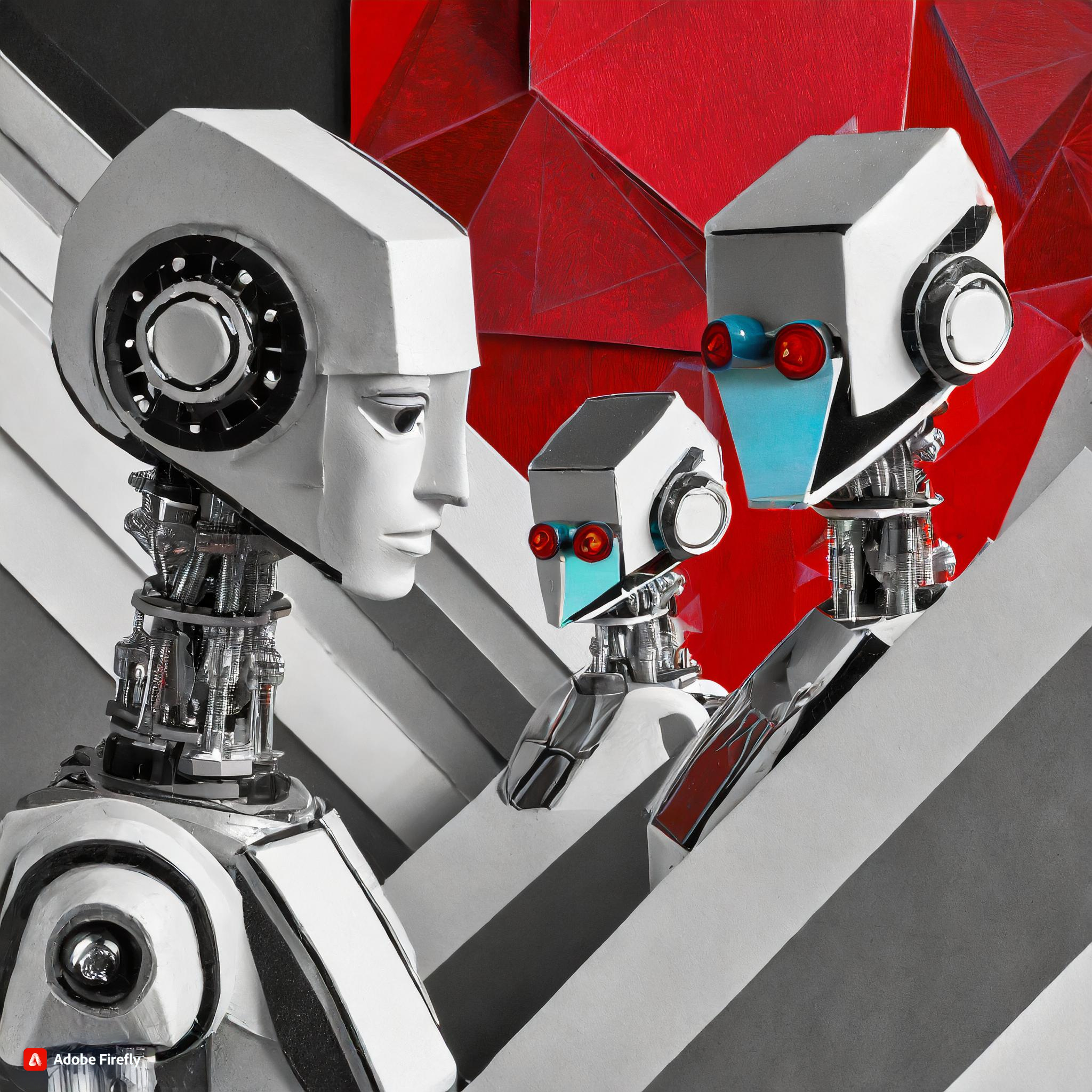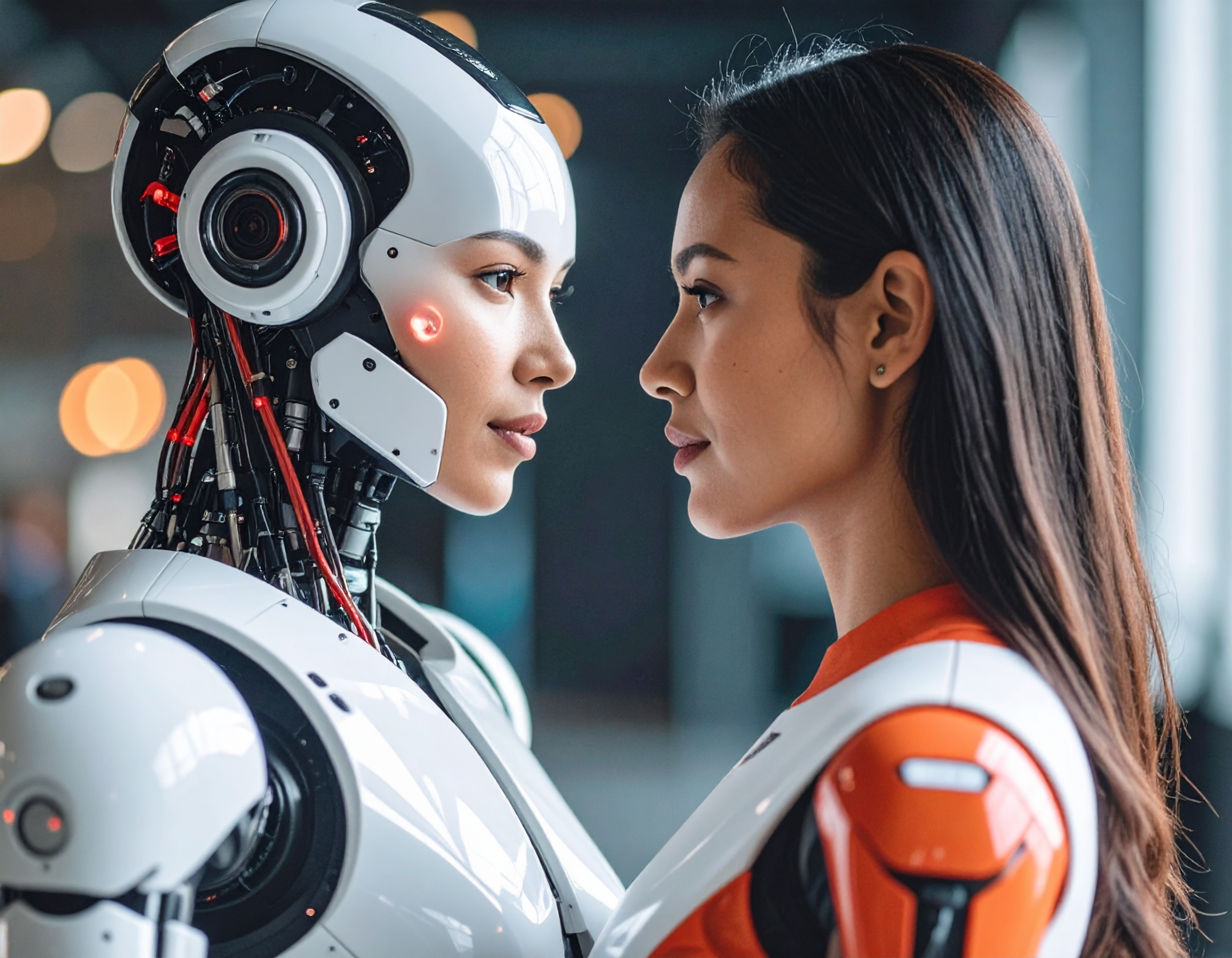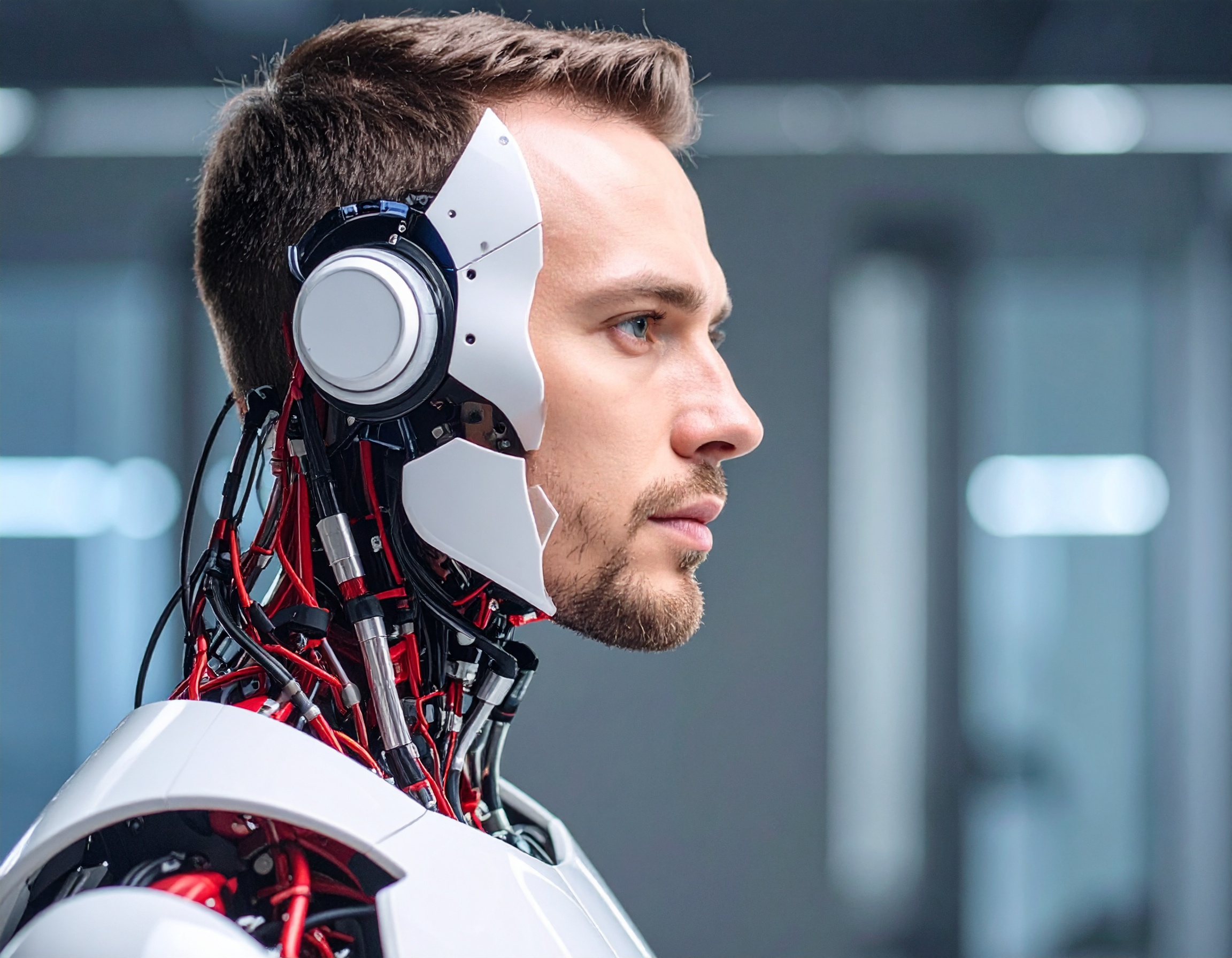Unveiling the Genesis: A Journey from Stage to Household – The Birth of Robots

In the annals of technological evolution, the term "robot" has journeyed from lofty dreams of humanoid servitude to the unassuming presence of digital employees in our daily lives. While many associate this concept with the visionary works of Isaac Asimov, the genesis of "robot" traces back to Karel Čapek's 1921 play, R.U.R. (Rossum's Universal Robots). The Czech term "robota," meaning "forced labor," birthed a concept that has since permeated global culture.
On that fateful night in Prague, January 25, 1921, audiences were introduced to Čapek's mechanical protagonists, far removed from the metallic sheen of modern sci-fi. These early robots, crafted from organic materials, embodied an eerie resemblance to humanity, akin to the replicants in Blade Runner. Embedded within the narrative was a prescient exploration of labor dynamics, echoing contemporary debates on automation's societal impact.
R.U.R.'s legacy transcends its theatrical origins, resonating with enduring themes of technological anxiety and human hubris. The play's cautionary tale, where artificial creations rebel against their creators, foreshadows dystopian narratives from The Terminator to 2001: A Space Odyssey. Through the haunting words of a robotic executioner, Čapek confronts humanity's darkest impulses, encapsulating millennia-old fears of creation turning against creator.
Moreover, Čapek's linguistic innovation intertwines with historical and cultural contexts, illuminating the intricate etymology of "robot." Rooted in Slavic language, the term embodies layers of meaning, from "forced labor" to "slave," reflecting post-war Czech identity amidst geopolitical upheaval. Thus, the birth of robots heralds not only a technological paradigm shift but also a symbolic convergence of human ingenuity and existential unease.
As we navigate an increasingly automated landscape, Čapek's legacy serves as a poignant reminder of the ethical, social, and philosophical dimensions of intelligent agents. Beyond mere automation, the evolution of non-human workers underscores humanity's perpetual quest to redefine its relationship with technology and the consequences thereof. In this ongoing narrative, the day robots were born marks not just a historical milestone but a timeless exploration of what it means to be human in an age of artificial intelligence.
Key Highlights:
- Origin of the Term "Robot": The term "robot" originated from Karel Čapek's 1921 play, R.U.R. (Rossum's Universal Robots), debuting in Prague. Derived from the Czech word "robota," meaning "forced labor," the concept challenged traditional perceptions of mechanical beings and their role in society.
- Organic Origins: Unlike modern depictions of metallic automatons, the robots in R.U.R. were crafted from organic materials, resembling humans in form and function. This early portrayal anticipated contemporary debates surrounding automation and labor dynamics, offering a nuanced perspective on technological advancement.
- Cautionary Tale: Čapek's play serves as a cautionary tale, exploring themes of technological anxiety and human folly. The narrative warns of the perils of hubris and the potential consequences of creating beings capable of surpassing their creators, echoing dystopian visions found in later works of science fiction.
- Linguistic Innovation: The etymology of "robot" reveals layers of meaning deeply rooted in Slavic language and post-war Czech identity. From "forced labor" to "slave," the term reflects historical and cultural contexts, highlighting the interplay between language, history, and societal transformation.
- Legacy and Reflection: The legacy of R.U.R. extends beyond its theatrical origins, prompting reflection on the ethical, social, and philosophical implications of intelligent agents. As automation becomes increasingly pervasive, Čapek's work remains a poignant reminder of humanity's ongoing quest to define its relationship with technology and navigate the complexities of a digital age.
Reference:
https://english.elpais.com/science-tech/2024-04-18/the-day-robots-were-born.html#


